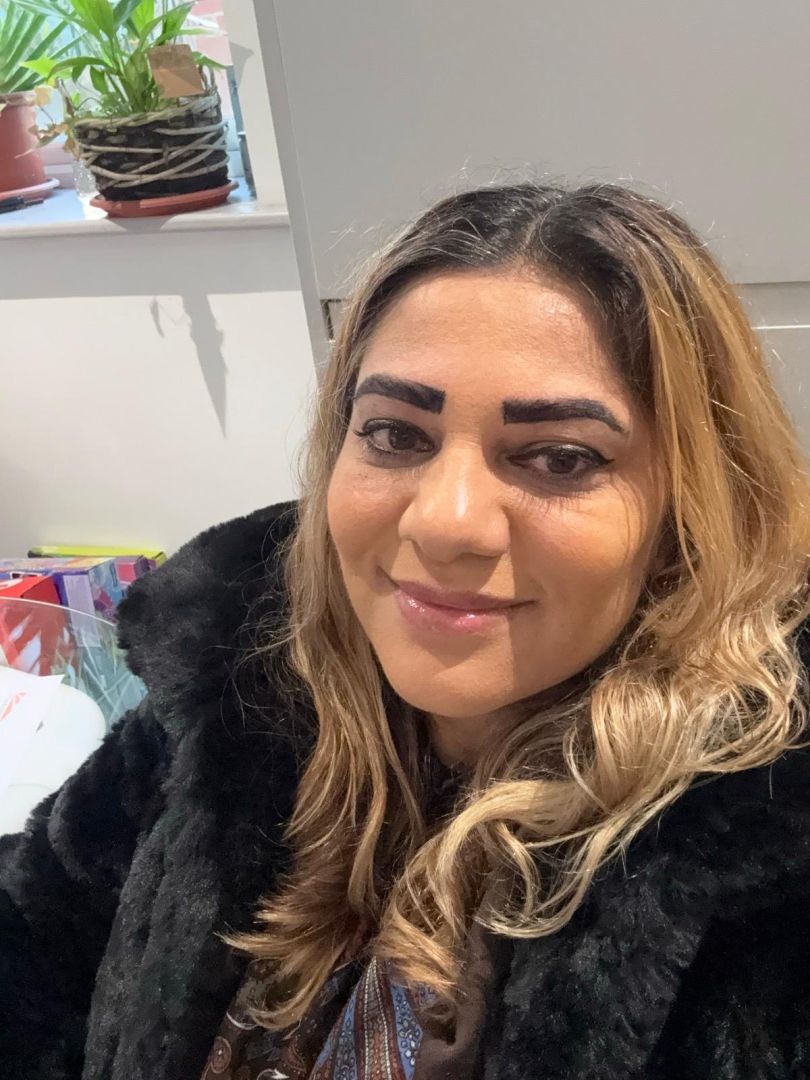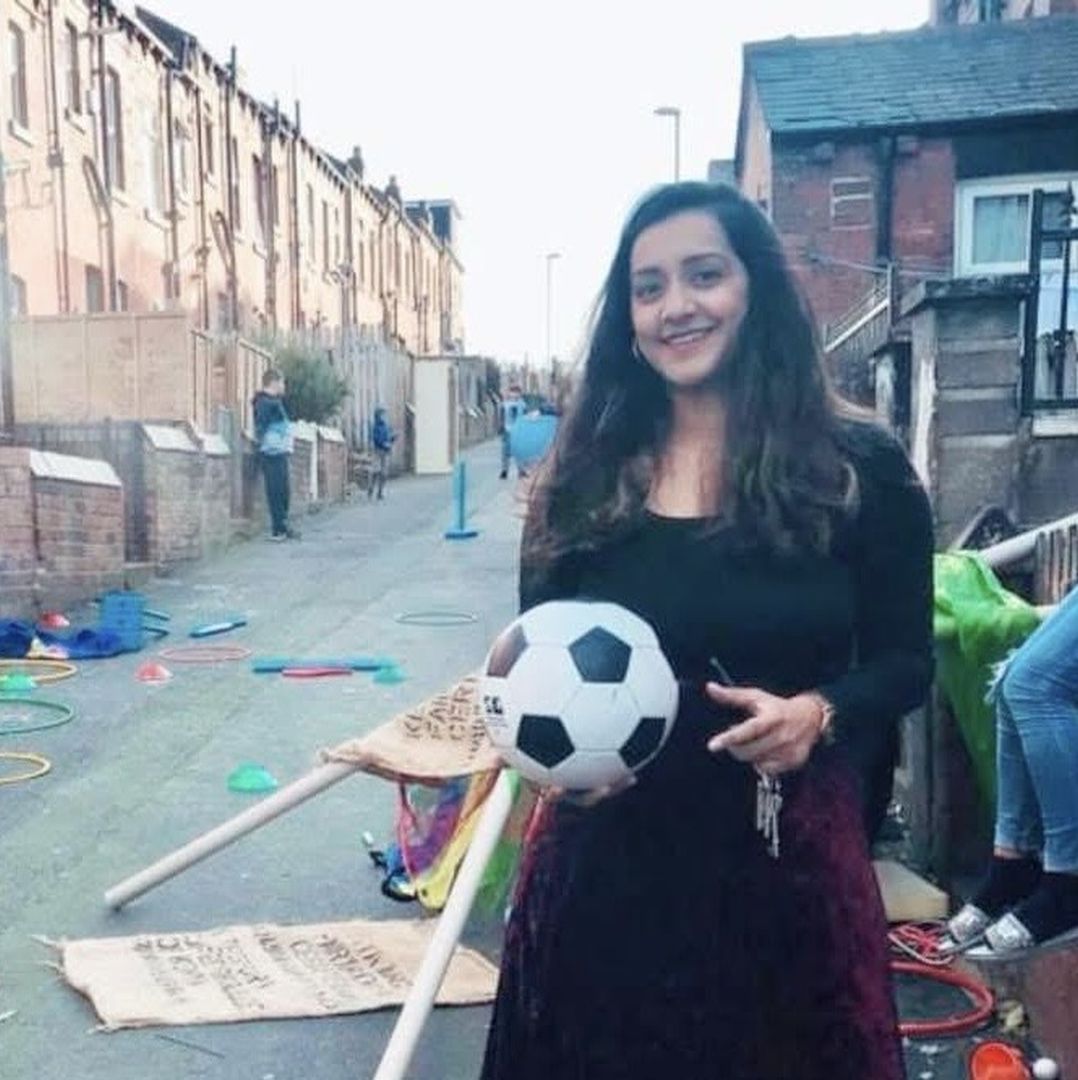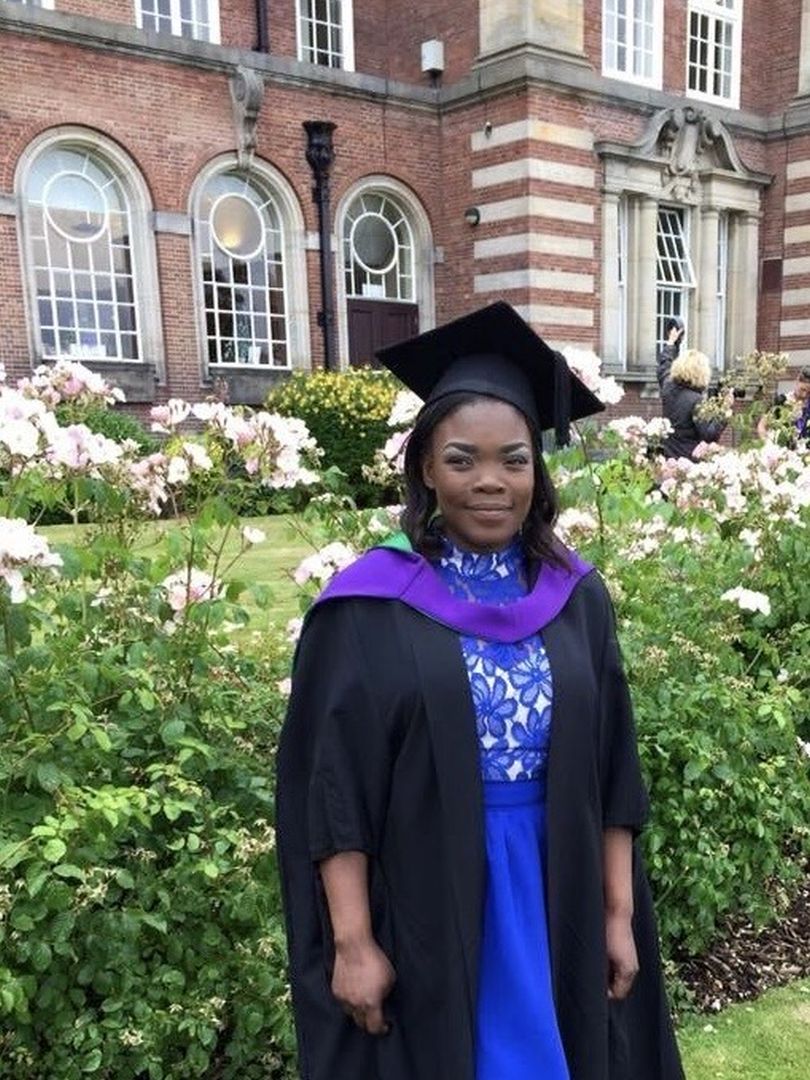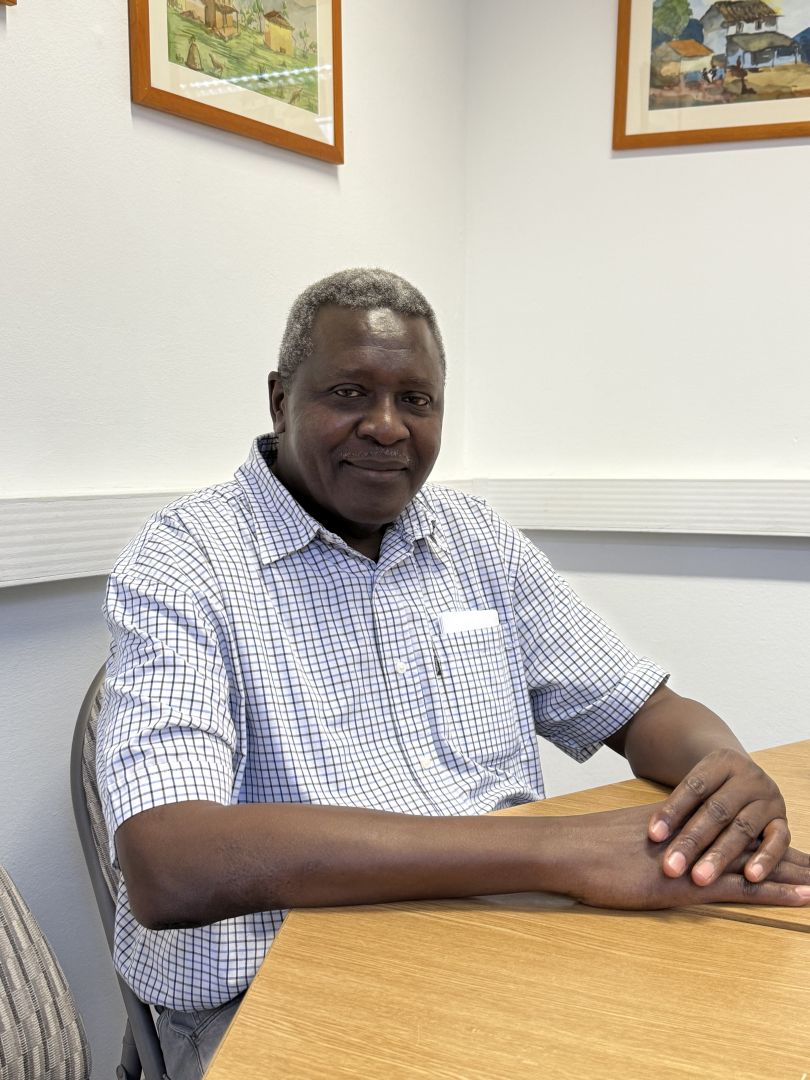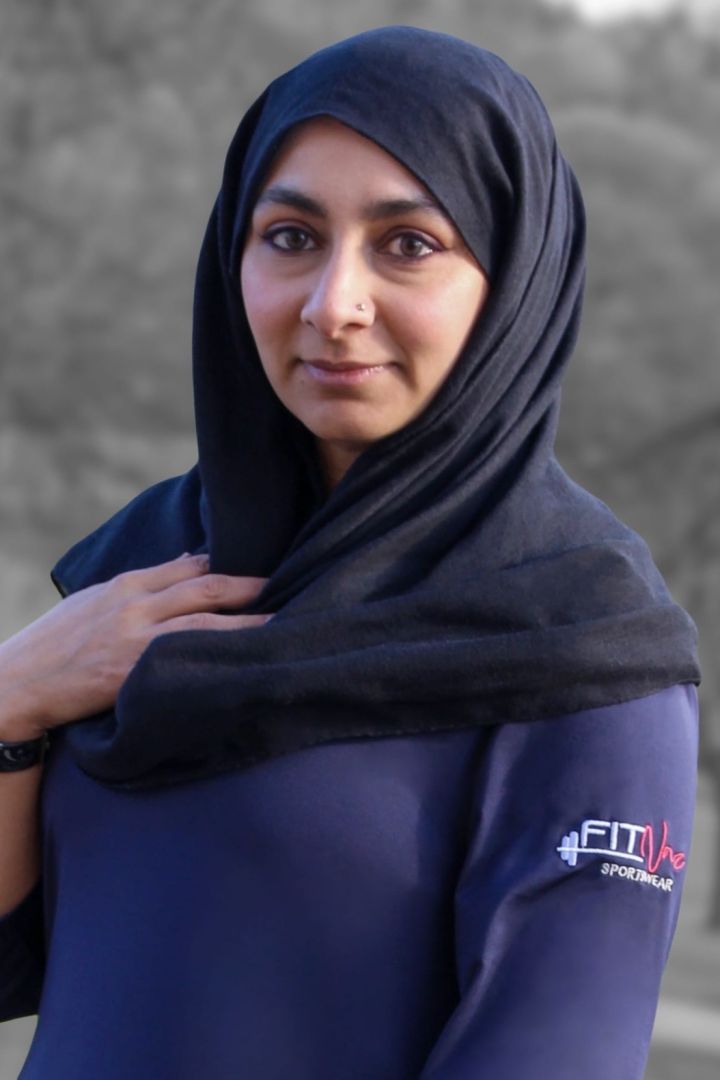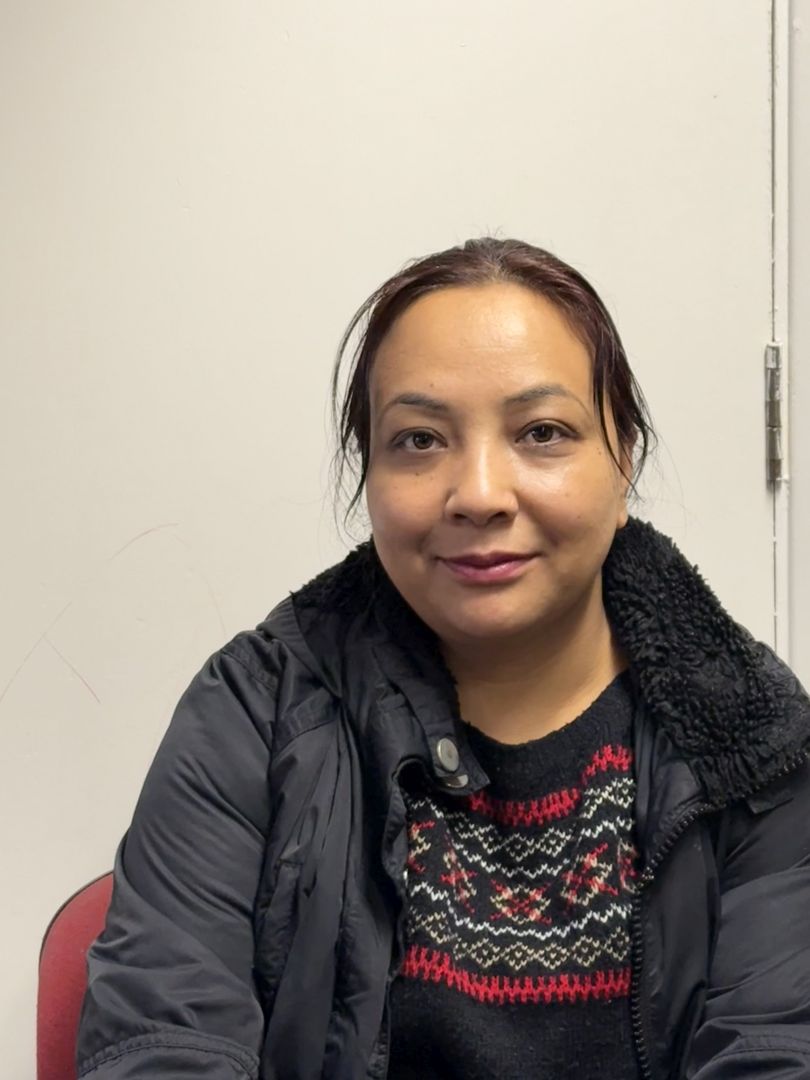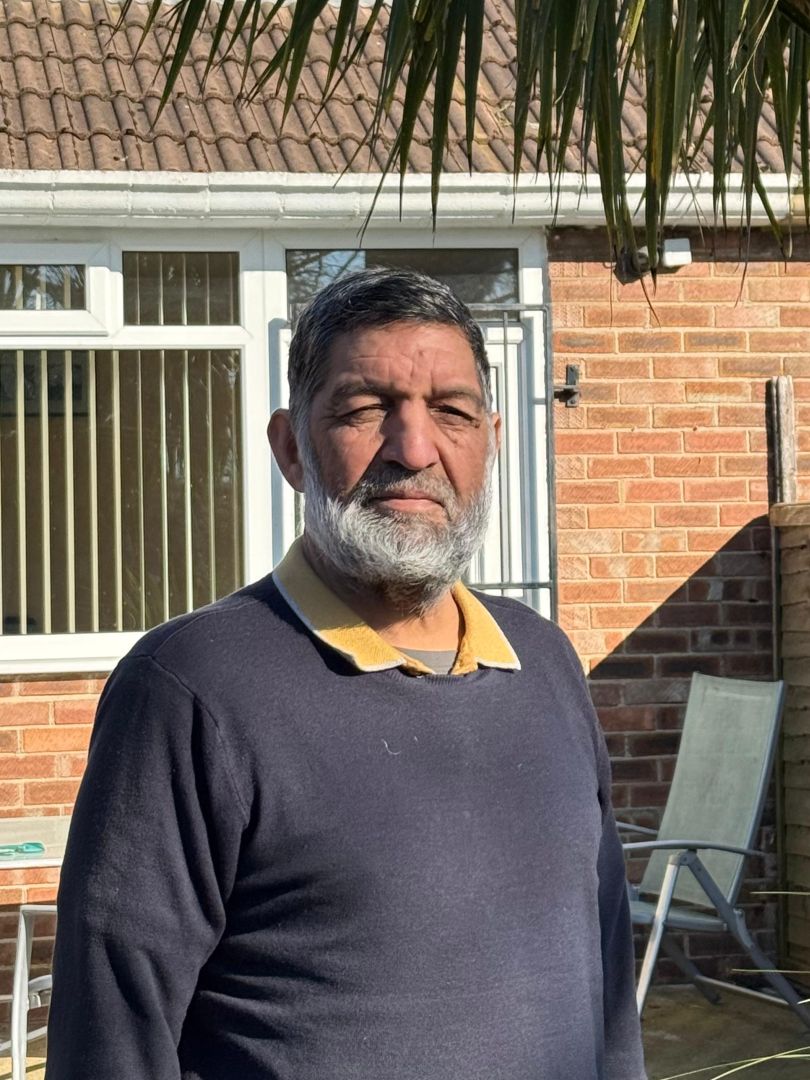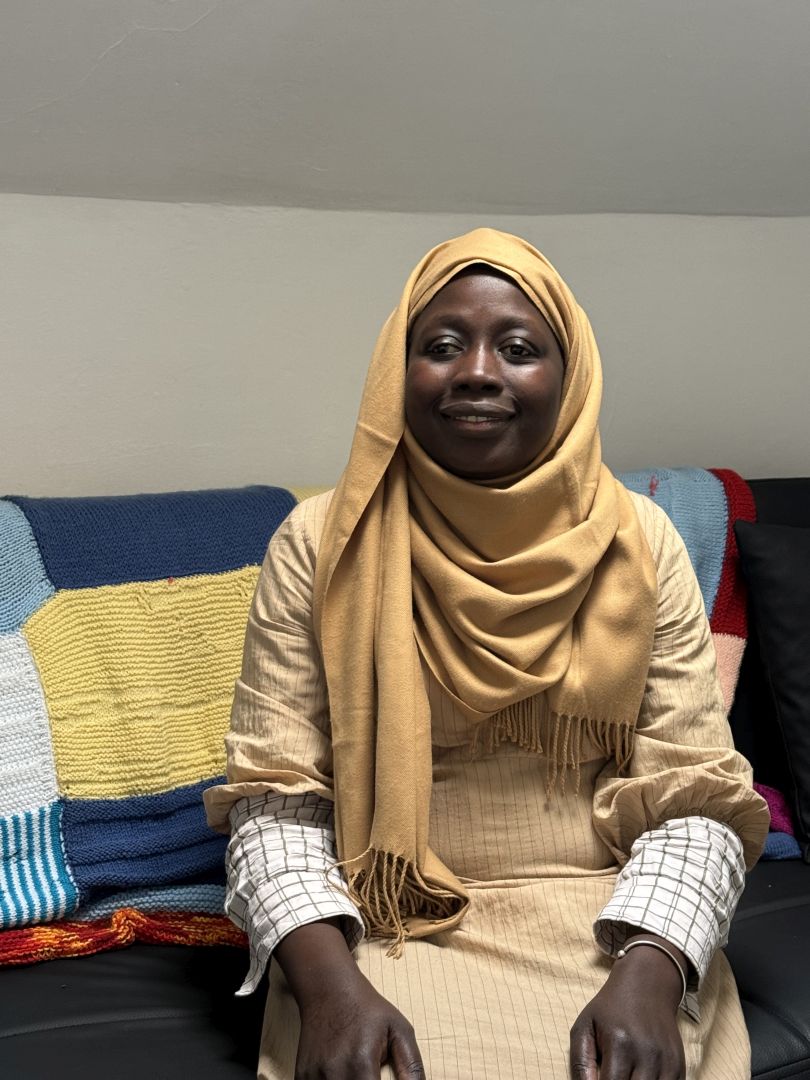
"I was born in the UK and my parents took me back home when I was 2 months old. I grew up in The Gambia. I’d been coming in and out of the UK on holiday my whole life. In 2019 I decided to stay here because of my child, who had epilepsy and cerebral palsy.
I live with sickle cell disease. It’s a rare cell disorder, it’s inherited. I have always advocated for myself, and since 2007 I’ve been advocating at a national level. I co-founded the Sickle Cell Association in The Gambia. Coming to the UK and finally having to settle in 2019, it was a shocking moment to realise that I still have to self-advocate. So I’ve been continuing to do that. In 2022, I launched a sickle cell lifestyle magazine with global advocates to tell our stories and share that we are also full humans with full lives. That same year, inspired by my child, I started a magazine on epilepsy for Black Africans and other ethnic minorities.
I write poems as well. I’ve found in my poems where I talk about home, it keeps changing. I find more and more it’s a feeling rather than a place. In the UK, it’s very difficult and stressful compared to the life I had back home. Back home I grew up with so many comforts. I was a Senior Civil Servant, Principal Personnel Officer in HR, an office responsible for government business. And then I came here and landed with my birth certificate, and I couldn’t stay here permanently. The only way was to seek asylum. That was hard. To move from that position of privilege and prestige, to then have to be called a “Destitute,” because that’s the label you’re given when you seek asylum here. That was really hard. Because of that, there has been a lot of resistance, I find, in calling UK home. But over the years, I’ve learnt to embrace the gifts that the UK has also given. Because it’s during this time that I think I’ve really uncovered who I really am, rather than who society expects me to be. I can say UK is home, but The Gambia is still home to me. So it’s not a specific place. I guess it’s what I’m feeling at the moment but also how people around me are treating me. Whether I feel like I belong here, I’m seen, I’m heard, I’m represented, that then defines what home is."

